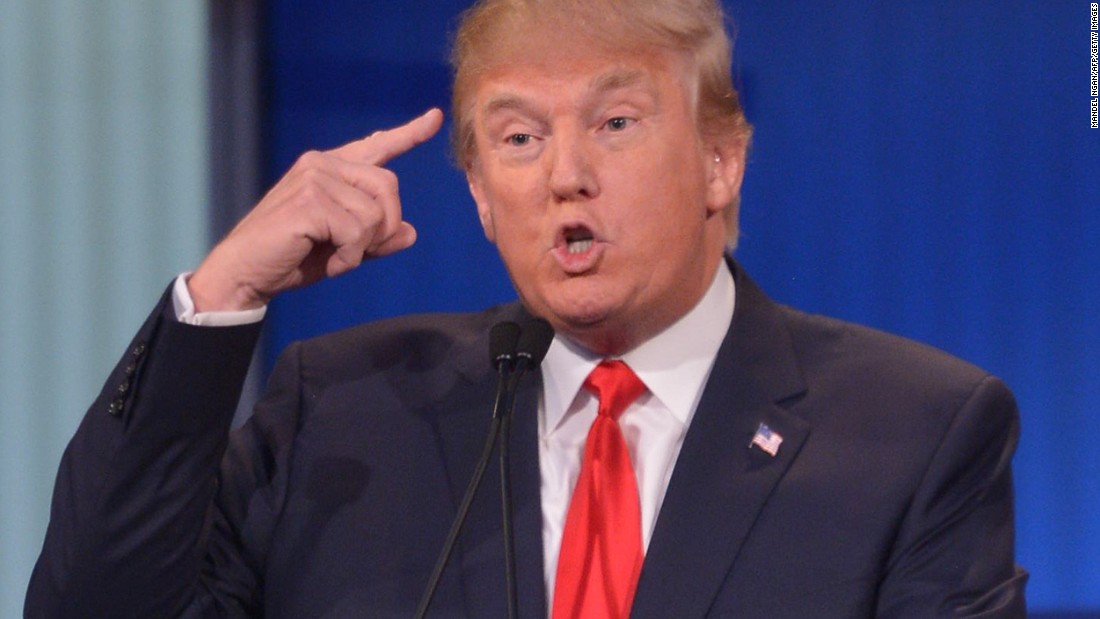You Have To Resign, Jeremy Corbyn Tells Boris Johnson After Supreme Court Verdict
The United Kingdom’s Labour leader Jeremy Corbyn has called on Prime Minister Boris Johnson to resign after the Supreme Court ruled that Johnson acted unlawfully in suspending parliament in the run-up to Brexit.
The ruling is a major blow to Johnson and sparked calls for him to stand down.
“I invite Boris Johnson, in the historic words, to consider his position, and become the shortest-serving prime minister there has ever been,” Jeremy Corbyn said.
The Westminster leader of the Scottish National Party (SNP), Ian Blackford, said: “We must be back in parliament immediately.
“We want to get back to work. On the back of this, Boris Johnson must resign.”
Johnson, who took office on July 24, had advised Queen Elizabeth II as head of state to prorogue parliament, which then took place early on September 10.
He insisted it was a long-overdue move unrelated to Brexit, but it sparked accusations that he was trying to avoid scrutiny from a hostile parliament.
Most members of the House of Commons oppose Johnson’s threat to leave the European Union next month even if he has not agreed exit terms with Brussels.
In two separate cases, more than 75 lawmakers and a team backed by former Conservative premier John Major had challenged the prorogation as unlawful.
One had failed in the High Court in England, while another succeeded in Scotland’s highest civil court — with the Supreme Court asked to make the final ruling.
Ahead of the decision, Johnson — who is attending the UN General Assembly in New York — repeated that MPs will still have “ample opportunity to debate Brexit”.
Officials noted that in the week between returning from their summer break and prorogation in the early hours of September 10, MPs rushed through a law aimed at stopping a “no deal” Brexit next month.
The government had argued that a prime minister’s power to suspend parliament was “one of high policy and politics, not law”.
Advocate General Richard Keen had argued that ruling against the government would see the courts straying into an “ill-defined minefield”.





